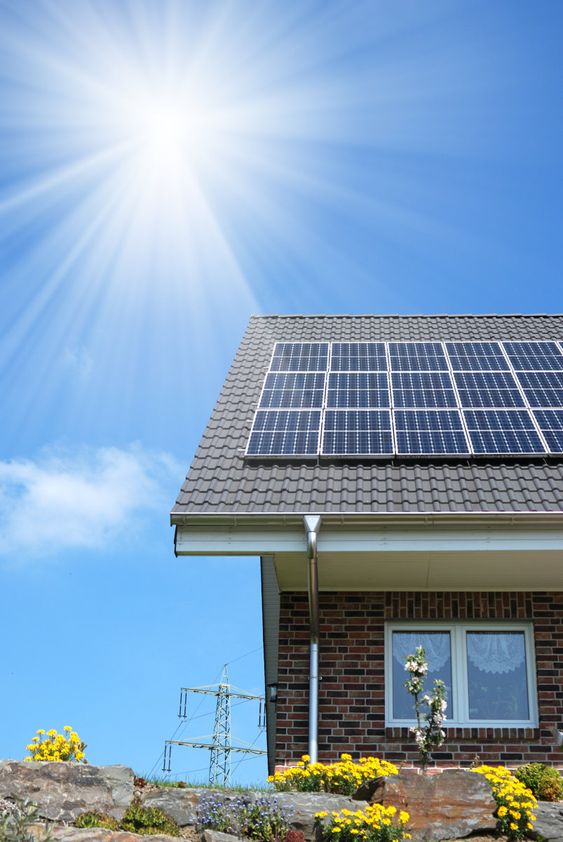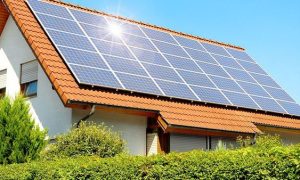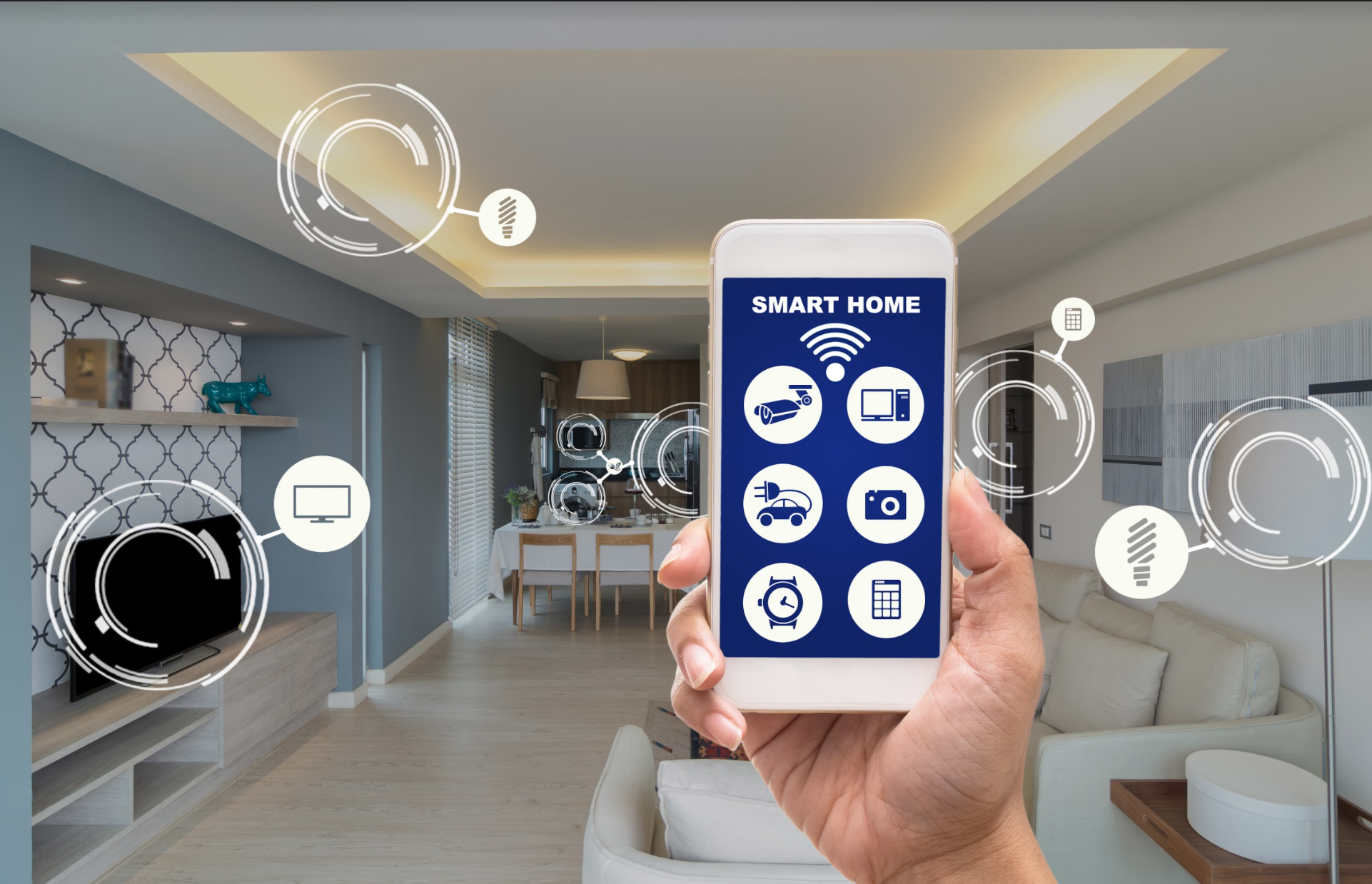Home Solar Energy
How To Get Solar Panels For Free or at a Discounted Price

How to Get Solar Panels for Free or at a Discounted Price
Introduction:
The global shift towards renewable energy sources has put solar power in the spotlight. Solar panels are not only environmentally friendly but can also save you money in the long run. However, the initial cost of installing solar panels can be a deterrent for many. In this article, we will explore various ways to obtain solar panels for free or at a discounted price.
I. Government and Local Incentives:
A. Federal and State Solar Incentives:
The U.S. government and various state governments offer a range of incentives to promote the adoption of solar energy. The federal Investment Tax Credit (ITC) allows homeowners to deduct a percentage of their solar installation costs from their federal taxes. State-level incentives, such as rebates and additional tax credits, can further reduce the cost of going solar. Research the incentives available in your area and take advantage of these financial benefits.
B. Local Rebates and Tax Credits:
Many local municipalities and utility companies offer rebates and tax credits to encourage solar panel installations. These incentives can significantly reduce your upfront costs. Contact your local utility company or visit their website to see if they offer any solar-related incentives. Local governments may also have programs in place to support solar energy adoption.
C. Net Metering Programs:
Net metering is a program that allows solar panel owners to earn credits for excess energy they generate and feed back into the grid. These credits can offset your energy bills, effectively reducing your overall expenses. It’s essential to check if your state has a net metering program and understand how it works in your area.
By taking advantage of these government and local incentives, you can substantially lower the cost of your solar panel installation. The combination of federal, state, and local incentives can make solar energy an affordable option for many households.
Solar energy holds significant importance for a variety of reasons:
1. Renewable and Sustainable: Solar energy is a renewable energy source, meaning it is virtually inexhaustible. The sun is expected to continue radiating energy for billions of years, making solar power a long-term, sustainable energy solution.
2. Environmentally Friendly: Solar energy production generates minimal greenhouse gas emissions, reducing the environmental impact of electricity generation. It helps combat climate change and air pollution, contributing to a cleaner and healthier planet.
3. Energy Independence: Solar power reduces reliance on fossil fuels and foreign energy sources, enhancing a nation’s energy independence and security. It diversifies the energy mix, making it less vulnerable to supply disruptions and price fluctuations.
4. Reduced Energy Bills: Solar panels can significantly reduce or even eliminate electricity bills for homeowners and businesses. Excess energy generated can be fed back into the grid, earning credits or income.
5. Low Operating Costs: Once installed, solar panels have relatively low maintenance and operating costs. They have no fuel costs and typically require minimal upkeep.
6. Job Creation: The solar industry creates jobs in manufacturing, installation, maintenance, and research, contributing to economic growth and employment opportunities.
7. Rural Electrification: Solar power can bring electricity to remote and off-grid areas, improving the quality of life for people in these regions and supporting economic development.
8. Energy Access: Solar energy is a viable solution to provide electricity to underserved and off-grid communities, especially in developing countries, where extending traditional power grids may be challenging and expensive.
9. Technological Advancements: Solar technology continues to advance, making solar panels more efficient, cost-effective, and versatile, which encourages further adoption and innovation.
10. Grid Stability: Distributed solar power can enhance grid stability by reducing the load during peak demand periods and enhancing resilience against power outages.
11. Incentives and Tax Benefits: Many governments offer incentives, tax credits, and rebates to encourage solar adoption, making it an attractive option for homeowners and businesses.
12. Long-Term Savings: While there is an upfront cost for installing solar panels, the long-term savings on energy bills, along with potential incentives, often result in a return on investment over time.
Overall, solar energy’s importance lies in its potential to address a wide range of critical issues, from environmental concerns and energy security to economic growth and improved living conditions for millions around the world. As technology continues to evolve and costs decrease, solar power is poised to play an increasingly significant role in the global energy landscape.
In the next section of this article, we will explore nonprofit and community programs that can provide opportunities for free or discounted solar panels, allowing even more people to harness the power of the sun for their energy needs.
Get Solar Panels for Free
II. Nonprofit and Community Programs:
A. Nonprofit Organizations Offering Free Solar Panels:
Some nonprofit organizations are dedicated to making solar energy accessible to those who may not afford the initial investment. They often partner with solar companies or donors to provide free solar panels to qualifying households. These programs are typically income-based, and eligibility criteria may vary. Look for nonprofits in your area that offer such assistance or reach out to national organizations to inquire about local initiatives.
B. Community Solar Initiatives:
Community solar programs are designed for individuals who can’t install solar panels on their own properties, such as renters or those with shaded roofs. In a community solar project, a group of participants collectively invests in a solar installation, and the energy generated is shared among them. Participants can receive discounts on their energy bills while supporting clean energy. To find community solar programs in your area, check with your local utility company or search for community solar projects online.
Nonprofit and community programs provide opportunities for individuals and communities to benefit from solar energy without the need for a substantial upfront investment. These initiatives play a crucial role in expanding access to renewable energy sources and reducing the overall carbon footprint of entire neighborhoods.
In the following section, we will explore various financing options, such as solar leases, loans, and energy-efficient mortgages, which can make solar panel installations more affordable for homeowners.
III. Financing Options:
A. Solar Leases and Power Purchase Agreements (PPAs):
Solar leases and power purchase agreements (PPAs) are popular options for homeowners who want to go solar without paying the upfront costs. In a solar lease, you essentially “rent” the solar panels, and in a PPA, you agree to purchase the electricity generated by the panels. These arrangements are typically offered by solar companies, and they often include maintenance and monitoring. While you won’t own the panels, you can benefit from reduced energy bills without the responsibility of maintenance.
B. Solar Loans and Financing Programs:
Solar loans are loans specifically designed for financing solar panel installations. They provide a way for homeowners to own their solar panels without the need for a large upfront payment. Various financial institutions, including banks and credit unions, offer solar loans with competitive interest rates. Additionally, some solar companies provide their financing options. Compare different loan options to find the one that best suits your financial situation.
C. Energy-Efficient Mortgages:
Energy-efficient mortgages (EEMs) are another option for financing solar panel installations. These special mortgages allow you to borrow additional money to cover the cost of energy-efficient upgrades, including solar panels, when purchasing or refinancing your home. EEMs can be a cost-effective way to invest in solar energy while spreading the payments over the life of your mortgage.
These financing options can make solar panel installations more accessible for homeowners by spreading the costs over time and reducing the initial financial burden. Research and compare the terms and conditions of different financing options to choose the one that aligns with your budget and long-term financial goals.
In the next section of this article, we will delve into solar panel grants, both federal and private, which can provide financial assistance to help offset the costs of solar installations.
IV. Solar Panel Grants:
A. Federal and Private Grants for Solar Installations:
Grants can be an excellent source of financial assistance for homeowners looking to install solar panels. Both federal and private organizations offer grants to promote renewable energy adoption. The U.S. Department of Energy (DOE) and the Environmental Protection Agency (EPA), for example, occasionally provide grants for solar energy projects. Private foundations and nonprofit organizations also offer grant opportunities to support green initiatives.
B. Eligibility and Application Process:
When seeking solar panel grants, it’s essential to understand the eligibility criteria and application process. Federal grants often have specific requirements and application deadlines. Private grants may vary widely in terms of their focus and requirements. To get started, visit the websites of government agencies and research grant opportunities offered by nonprofit organizations. Pay close attention to the eligibility criteria, application deadlines, and required documentation.
While solar panel grants can provide a significant financial boost, they may be competitive and subject to availability. It’s crucial to be diligent in your research and to apply for grants well in advance of your intended solar panel installation to increase your chances of securing funding.
In the subsequent section of this article, we will explore solar panel auctions and discounts, which can be an alternative way to access affordable solar panels, particularly for those willing to consider refurbished or surplus equipment.
V. Solar Panel Auctions and Discounts:
A. Government Surplus Solar Panels:
Government surplus solar panels are an often-overlooked option for acquiring affordable solar equipment. Federal, state, and local government agencies may auction off surplus or used solar panels at a fraction of their original cost. These panels may have been previously used for government projects or are excess stock. While they may not be brand new, they can still provide a cost-effective way to harness solar energy.
B. Group-Buying and Bulk Purchase Discounts:
Another strategy to obtain discounted solar panels is to participate in group-buying or bulk-purchase programs. These programs leverage collective purchasing power to negotiate lower prices with solar panel manufacturers and installers. Homeowners and communities can benefit from reduced costs by buying solar panels in larger quantities. Look for local or regional initiatives that organize group-buying opportunities or explore partnerships with neighbors and friends to take advantage of bulk purchase discounts.
Participating in government surplus auctions and group-buying programs can result in substantial savings on your solar panel installation. While these options may require some extra effort and coordination, the potential cost savings can make them a viable choice for budget-conscious individuals and communities.
In the next section of this article, we will explore the DIY approach to solar panels, including building your own solar panels and safety considerations for such projects.
VI. DIY and Homemade Solar Panels:
A. Building Your Own Solar Panels:
For those who are particularly handy and enjoy do-it-yourself projects, building your own solar panels can be a cost-effective option. There are DIY solar panel kits and online tutorials available that guide you through the process of assembling and installing your solar panels. Keep in mind that this approach requires a good understanding of electrical systems and safety precautions, as well as access to the necessary tools and materials.
B. Safety Considerations and Resources:
Safety is paramount when working with electricity and solar panels. Before embarking on a DIY solar project, educate yourself about the safety precautions and best practices. Ensure that you have the appropriate protective gear and understand the electrical components involved. Resources like books, online forums, and video tutorials can provide valuable guidance for DIY solar panel construction. It’s also wise to consult local building codes and regulations to ensure compliance.
While building your own solar panels can save you money, it’s not a task for beginners, and it’s essential to prioritize safety and quality. If you’re uncertain about your ability to undertake this DIY project, consider seeking professional help or opting for other affordable solar panel options discussed earlier in this article.
In the subsequent section of this article, we will explore the importance of research and education in making informed decisions about solar energy and its benefits.
VII. Research and Education:
A. Finding Reliable Information and Resources:
Making an informed decision about installing solar panels requires thorough research. Start by gathering information from reliable sources. Government websites, environmental organizations, and reputable solar energy companies can be valuable sources of information. Be cautious about potential scams or unreliable sources promising free solar panels, and always verify information before making any commitments.
B. Understanding Solar Technology and Its Benefits:
Understanding the basics of solar technology and its advantages is essential. Learn about how solar panels work, the components of a solar PV system, and the environmental benefits of harnessing solar energy. Being well-informed allows you to make better decisions when choosing the right solar panel system for your home and budget.
By investing time in research and education, you can make informed decisions about your solar panel installation, including choosing the most suitable financing options, understanding available incentives, and assessing the environmental impact of your choice.
In the concluding section of this article, we will share real-life case studies and success stories of individuals and communities who have successfully acquired free or discounted solar panels, highlighting the feasibility of such endeavors.
VII. Conclusion:
In our journey to explore how to obtain solar panels for free or at a discounted price, we’ve uncovered a variety of strategies and options available to make solar energy accessible to a broader range of individuals and communities. From government incentives and nonprofit initiatives to financing solutions and DIY projects, the path to affordable solar panels is within reach for those willing to explore their choices.
It’s clear that the initial cost of solar panel installation, which may have been a barrier for many, can be overcome by taking advantage of the opportunities presented in this article. Federal, state, and local incentives, nonprofit organizations, and community programs can significantly reduce upfront expenses. Financing options, such as solar leases, loans, and energy-efficient mortgages, offer flexible paths to ownership. Solar panel grants, surplus auctions, and group-buying discounts provide additional avenues to make solar panels more affordable.
For those with the skills and inclination, building DIY solar panels can be a fulfilling project, but it comes with responsibilities to ensure safety and quality. Through research and education, individuals can make well-informed decisions about their solar energy journey.
Lastly, the real-life success stories shared in this article highlight that these opportunities are not just theoretical; they are practical and achievable. As we conclude, we encourage you to explore the strategies that align with your unique circumstances and take a step closer to transitioning to solar energy. By doing so, you not only reduce your environmental footprint but also enjoy the long-term financial benefits of harnessing the power of the sun. The sun’s energy is free and abundant, and with the right approach, it can power your future.












